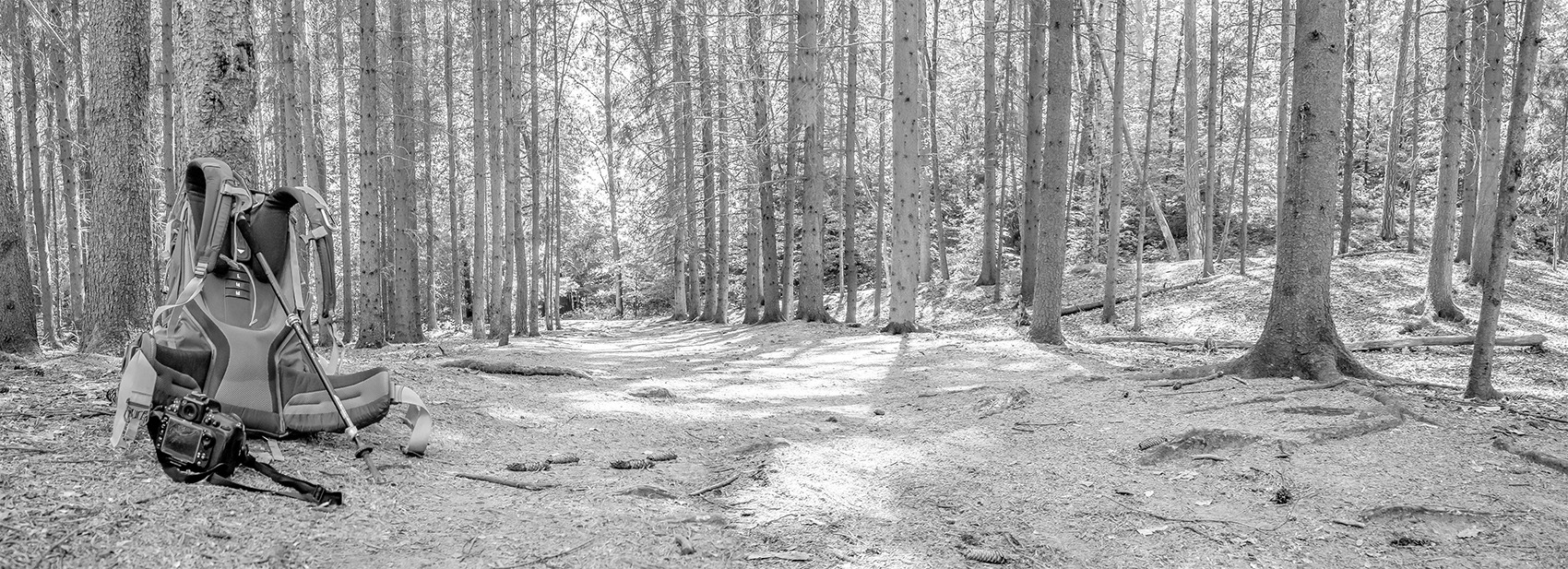💡 Understanding the MIT Study’s Insights
The MIT study stands out for its depth of analysis, challenging widespread narratives about AI’s potential to displace human jobs across the board. Contrary to alarming forecasts by leading financial and academic institutions, the study reveals that the majority of jobs at risk from AI are not economically beneficial to automate, at least not with the current state of technology.
💡 Economic Viability of AI
Delving into the specifics, the MIT research assesses the economic implications of implementing AI for tasks that require visual analysis, such as quality inspections, a common component of manufacturing processes. The study’s findings suggest that while AI can perform these tasks, the cost of developing and maintaining AI systems often outweighs the potential savings at this time. This prompts us to consider the true value of automating certain tasks, especially when human workers provide flexibility, craftsmanship, and problem-solving abilities that AI cannot yet replicate.
💡 Strategic Workforce Planning with AI
Our challenge is to envision a workforce where AI complements human skills, enhancing efficiency and innovation without causing unnecessary job displacement. The MIT study encourages a strategic approach, where AI is integrated into operations in ways that augment human capabilities. For example, AI could analyze and predict trends in outdoor gear preferences, enabling designers to focus on creating products that meet evolving consumer demands. This approach not only preserves jobs but also enriches them with new dimensions of creativity and strategic thinking.
💡 Looking Ahead: AI, Jobs, and Industry Trends
Looking forward, the pace of AI development and its implications for our industry require careful monitoring. The study suggests that while the immediate threat of widespread job displacement is lower than some predictions, the landscape is changing. By staying informed and adaptable, we can leverage AI as a tool for growth and innovation, ensuring our industry remains competitive and resilient in the face of technology advances.
Our journey with AI is just beginning – by approaching it with foresight and responsibility, we can shape a future that reflects the best of technology and humanity.







